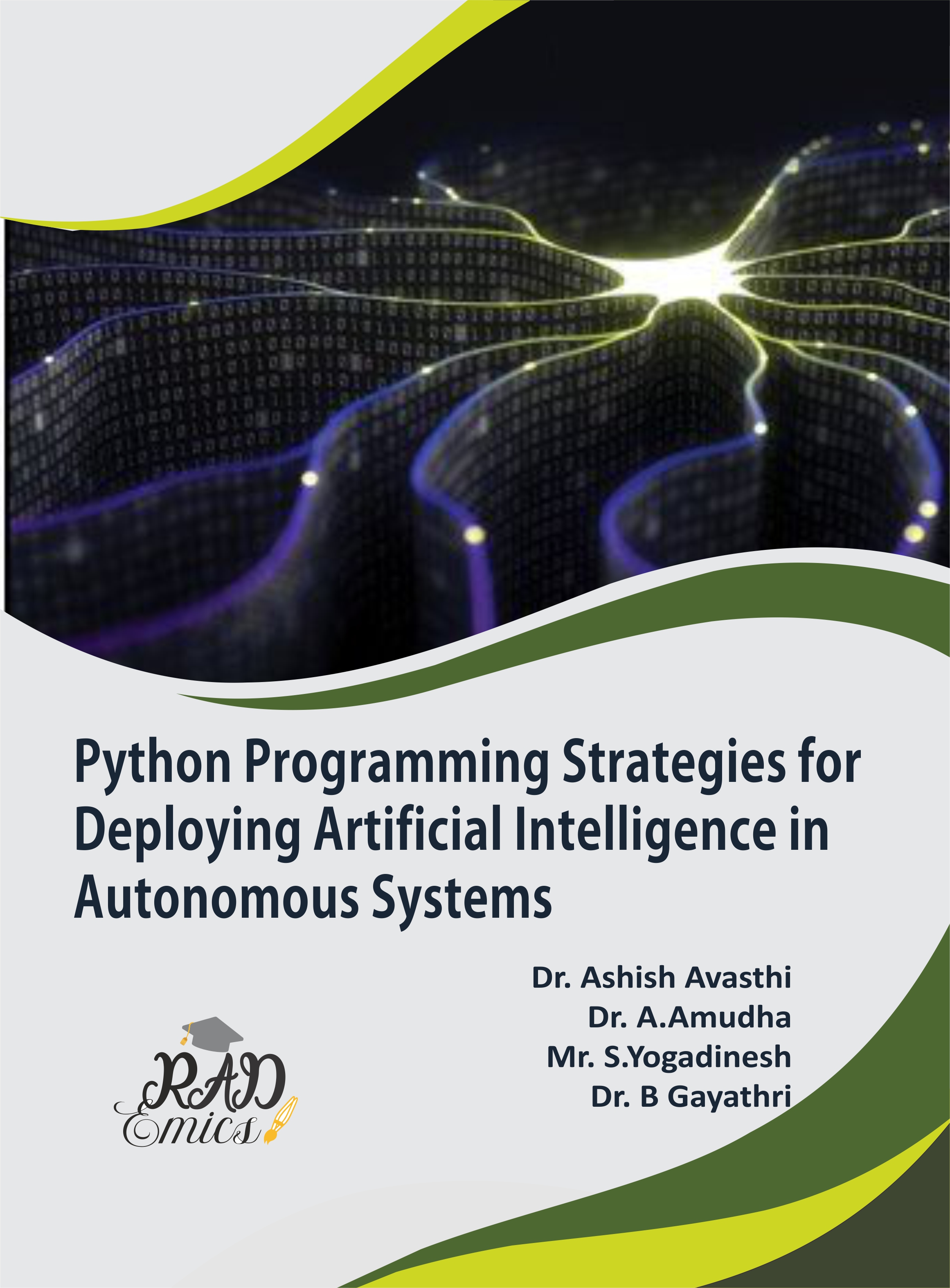
This chapter delves into advanced RL approaches for optimizing autonomous system performance, focusing on the latest developments and applications in the field. Reinforcement learning has emerged as a transformative technology in autonomous systems, providing robust frameworks for decision-making in complex environments. The chapter offers a comprehensive examination of several cutting-edge RL methodologies, including deep reinforcement learning, MARL, meta-reinforcement learning (Meta-RL), and MBRL. Each approach was analyzed for its potential to address specific challenges associated with autonomous systems, such as scalability, coordination, and continuous adaptation. Deep reinforcement learning was explored through its powerful policy gradient methods, including PPO and Trust Region Policy Optimization (TRPO), which enhance performance in high-dimensional control tasks. The chapter also addresses the complexities of MARL, highlighting strategies for effective agent coordination and scalability in multi-agent environments. Meta-RL techniques, such as MAML, are discussed for their ability to enable rapid adaptation to new tasks, while model-based approaches are examined for their role in improving sample efficiency through hybrid model-free/model-based strategies. The integration of these methodologies presents significant opportunities for advancing autonomous systems, but also poses challenges that require ongoing research and innovation. This chapter provides a detailed analysis of these approaches, offering insights into their practical applications and future directions.
RL has emerged as a transformative approach in the development of autonomous systems, providing a robust framework for decision-making in complex environments [1,2]. As autonomous systems increasingly operate in dynamic and high-dimensional settings, traditional learning algorithms often struggle to manage the intricacies involved [3]. Reinforcement learning, with its focus on optimizing actions based on rewards and penalties, offers a powerful alternative [4]. This chapter explores advanced RL methodologies that are pivotal for enhancing the performance and adaptability of autonomous systems [5]. The integration of deep reinforcement learning, multi-agent reinforcement learning, meta-reinforcement learning, and model-based reinforcement learning presents a comprehensive approach to addressing the challenges inherent in complex tasks and environments [6-8].
Deep reinforcement learning (DRL) has revolutionized the field by combining reinforcement learning with deep learning techniques [9]. DRL methods, such as those utilizing convolutional and recurrent neural networks, are capable of handling high-dimensional state and action spaces, making them well-suited for tasks that involve complex inputs and outputs [10,11]. Techniques like PPO and TRPO exemplify the advancements in policy gradient methods, which aim to improve the stability and efficiency of learning in continuous control tasks [12,13]. The application of DRL in various domains highlights its capacity to manage intricate decision-making processes and adapt to evolving scenarios [14].